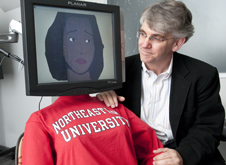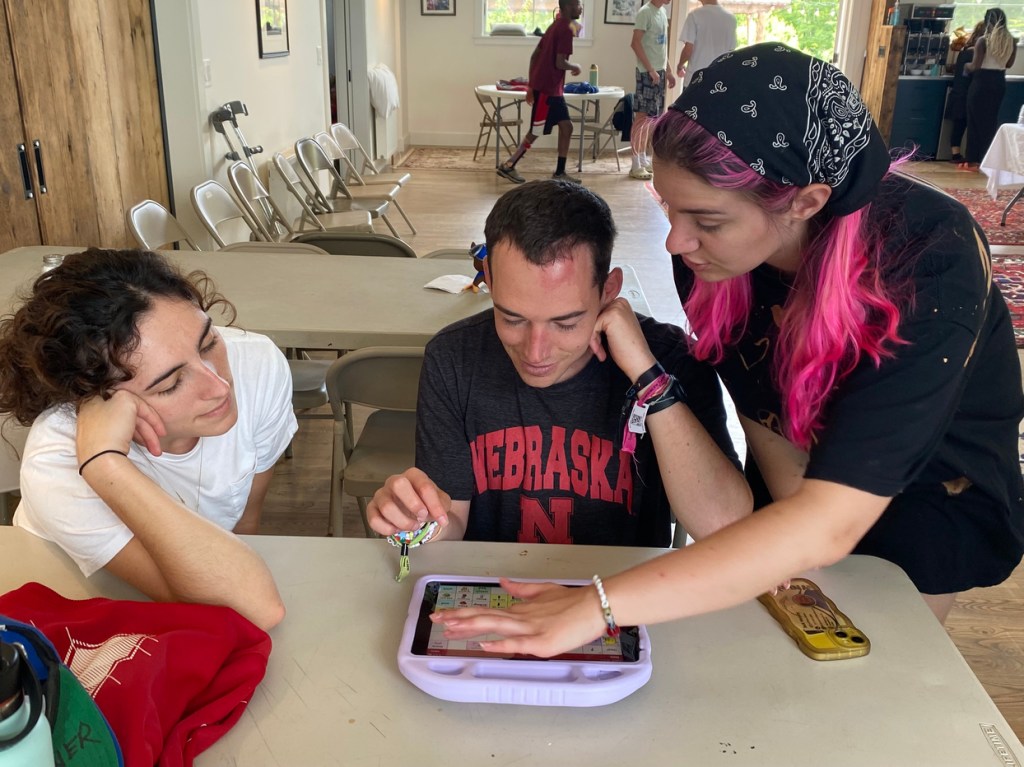Creating a trusty virtual guide

Northeastern University researcher Timothy Bickmore has been awarded a five-year, $3.5 million National Cancer Institute grant to develop computer-animated conversational agents that guide cancer patients through the oncology clinical trial process.
Bickmore, an assistant professor in the College of Computer and Information Science, said descriptions of clinical trials can be complex, and that health complications often arise from patients not understanding written medical instructions. Bickmore will collaborate with Dr. Michael Paasche-Orlow at Boston Medical Center (BMC), a national expert on health literacy. The project will target BMC patients with limited health knowledge.
“At the core of what we’re doing is trying to make those study protocols more understandable and easy to follow for patients,” Bickmore said.
Under the proposal, patients sitting at a hospital kiosk or their home computer will interact first with an animated conversational agent, who will appear on a touch-screen to ask them about their condition and background. The agent will present the patients with a list of active trials they qualify for, and describe what each study entails.
When patients arrive at the hospital for their trials, an animated agent will walk them through informed- consent documents and assess their level of comprehension. Later, patients will interact with the system through their home computers or smart phones provided by the hospital to receive reminders about follow-up appointments and medication schedules, and to report any health concerns or illnesses.
Over the last decade, Bickmore has been developing and studying innovative conversational computer agents that build strong relationships with patients and counsel them on various health-related topics, including a novel “virtual nurse” system to guide patients through the hospital discharge process and help them follow health care instructions, which has been licensed for possible commercial use.
Bickmore said in past studies, patients with low health literacy have reported the use of conversational agents to be helpful.
The National Cancer Institute is part of the National Institutes of Health, and the grant was funded through NIH’s Ethical Issues In Human Subjects Research program.
Ultimately, Bickmore said he envisions this type of research leading to patients being able to use their personal smart phones as “health buddies” that will help them monitor all aspects of their health. He said this could involve preventative measures with reminders to take medications, exercise, and stay on a diet. It could also help people communicate with health care providers.
The project advances Northeastern’s research mission to develop innovative, use-inspired solutions to global challenges, with a focus on health, security, and sustainability.





